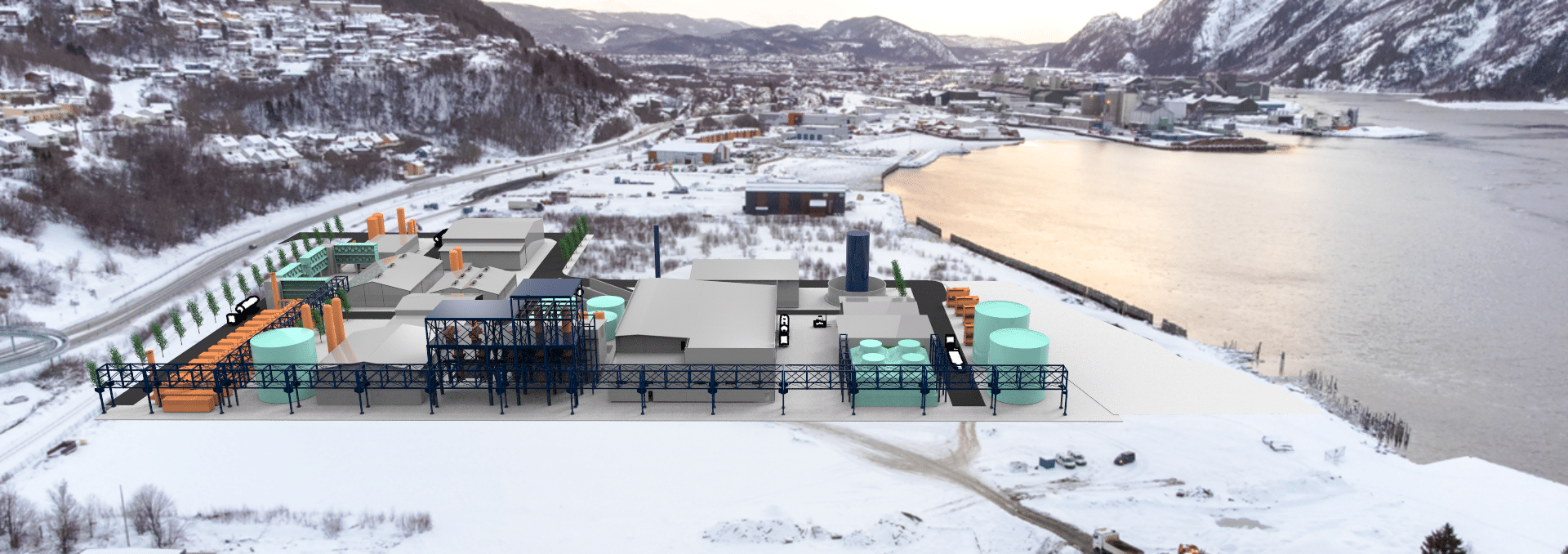Thessaloniki gets ready for its metro launch in November
The underground rapid transit lines have been under construction for almost two decades due to various project delays
 TheMayor.EU logo
TheMayor.EU logo This airplane fuel is made with renewable energy, carbon capture technology and water
Yesterday, Lux-Airport in Luxembourg announced it will invest in synthetic fuel to boost its bid to de-carbonise aviation. The airport has acquired a stake in Norwegian Norsk e-fuel, a company that produces synthetic fuel with renewable electricity, carbon capture and water.
According to the company, they will start introducing the new fuel gradually, as it can be mixed with kerosene. At the same time, authorities have said that they expect a slight price increase in flight tickets as they start using more and more synthetic fuel. This, however, would be temporary, as the technology becomes more widely adopted.
Although not the biggest emitter of CO2, aviation still contributes a fair bit of greenhouse gases into the atmosphere. According to the European Environment Agency (EEA), in 2017 it produced more than 150,000 kilo-tons of carbon dioxide.
Furthermore, as a sector, it represents one of the few that has grown in its emissions share over the last 30 years. According to a report from the EEA, aviation emissions more than doubled since 1990.
Thus, decarbonising the whole sector is a vital issue for both local and EU authorities. It also represents a difficult hurdle to overcome.
According to a press conference from today, Luxembourgish Minister for Mobility and Public Works, Francois Bausch, Lux-Airport could technically start flying 100% carbon neutral planes right away. This, however, seems unlikely, as production of the Norsk e-fuel is set to start in 2024.
 The project for the Norsk e-fuel plant, situated in Norway, Source: Lux-Airport
The project for the Norsk e-fuel plant, situated in Norway, Source: Lux-Airport
Nevertheless, Minister Bausch explained the airport can start adding synthetic fuel to the regular kerosene while gradually increasing the percentage over the coming years. He also said that the goal is to reach 50% very quickly, or even 100%, which would mean total decarbonisation of the sector.
The EU’s ‘Fit for 55’ package calls for overhauling much of the fossil fuel consumption in the block by the year 2050. It also has a quota for sustainable aviation fuel, set to 55%, including a 28% share relegated to synthetic fuels. At the same time, by 2030, all EU airports handling more than 1 million passengers and 100,000 tons of cargo are required to supply at least a 5% sustainable fuel.
Milan also opted to start providing aircraft with sustainable fuel back in 2021, although the move was limited to private jets. Germany, on the other hand, has been quick in developing production facilities, with one of the first commercial carbon-neutral fuel plants in the European Union.

The underground rapid transit lines have been under construction for almost two decades due to various project delays

Now you can get your wine in Talence by paying directly in Bitcoin

That’s because the state has to spend money on updating the railway infrastructure rather than subsidizing the cost of the popular pass

Rethinking renewable energy sources for the urban landscape

The examples, compiled by Beyond Fossil Fuels, can inform and inspire communities and entrepreneurs that still feel trepidation at the prospect of energy transition

Now you can get your wine in Talence by paying directly in Bitcoin

The 10th European Conference on Sustainable Cities and Towns (ESCT) sets the stage for stronger cooperation between the EU, national and local level to fast track Europe's transition to climate neutrality.

At least, that’s the promise made by the mayor of Paris, Anne Hidalgo

The underground rapid transit lines have been under construction for almost two decades due to various project delays

At least, that’s the promise made by the mayor of Paris, Anne Hidalgo

Hostal de Pinós is located in the geographical centre of the autonomous region

Despite its church-y name, the district has long been known as the hangout spot for the artsy crowds

Urban dwellers across the EU are having a say in making their surroundings friendlier to people and the environment.

Forests in the EU can help green the European construction industry and bolster a continent-wide push for architectural improvements.

Apply by 10 November and do your part for the transformation of European public spaces

An interview with the Mayor of a Polish city that seeks to reinvent itself

An interview with the newly elected ICLEI President and Mayor of Malmö

A conversation with the Mayor of Lisbon about the spirit and dimensions of innovation present in the Portuguese capital














